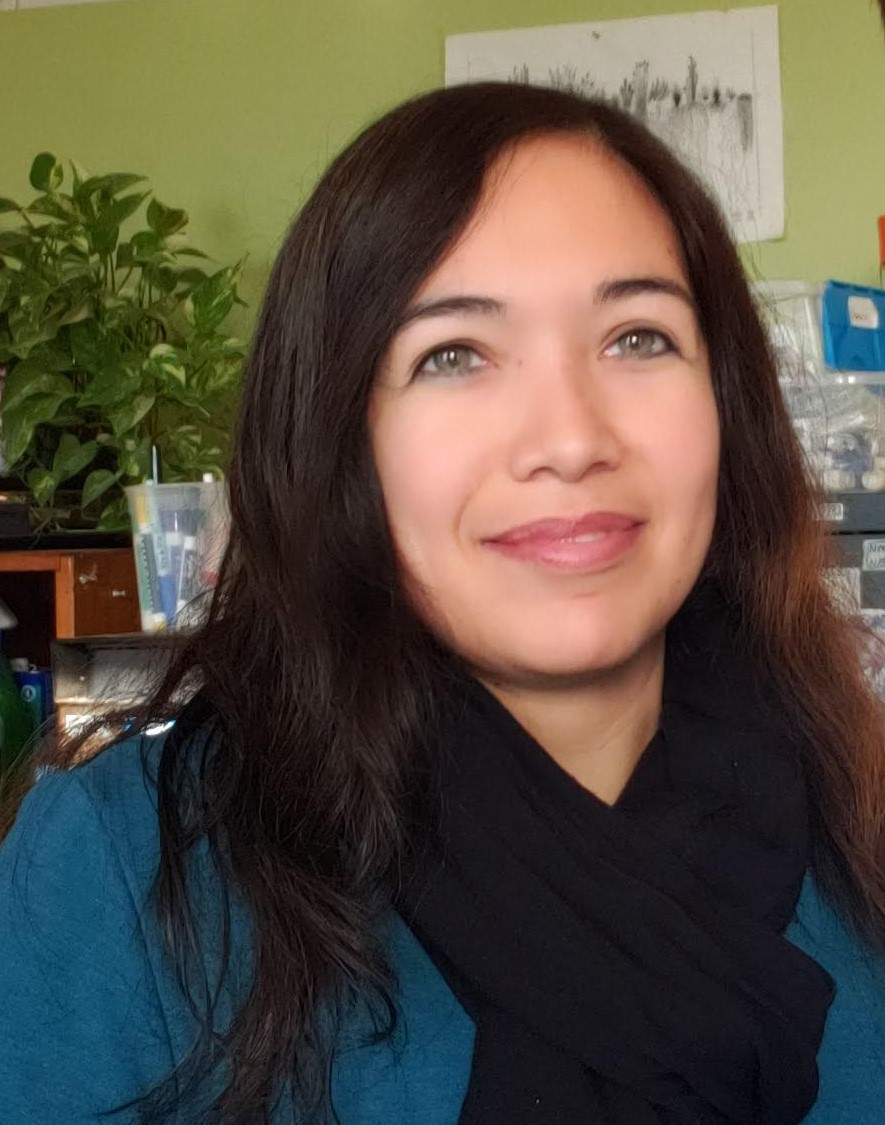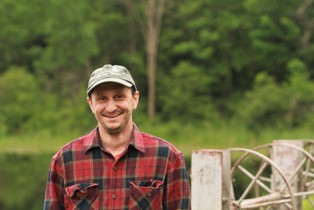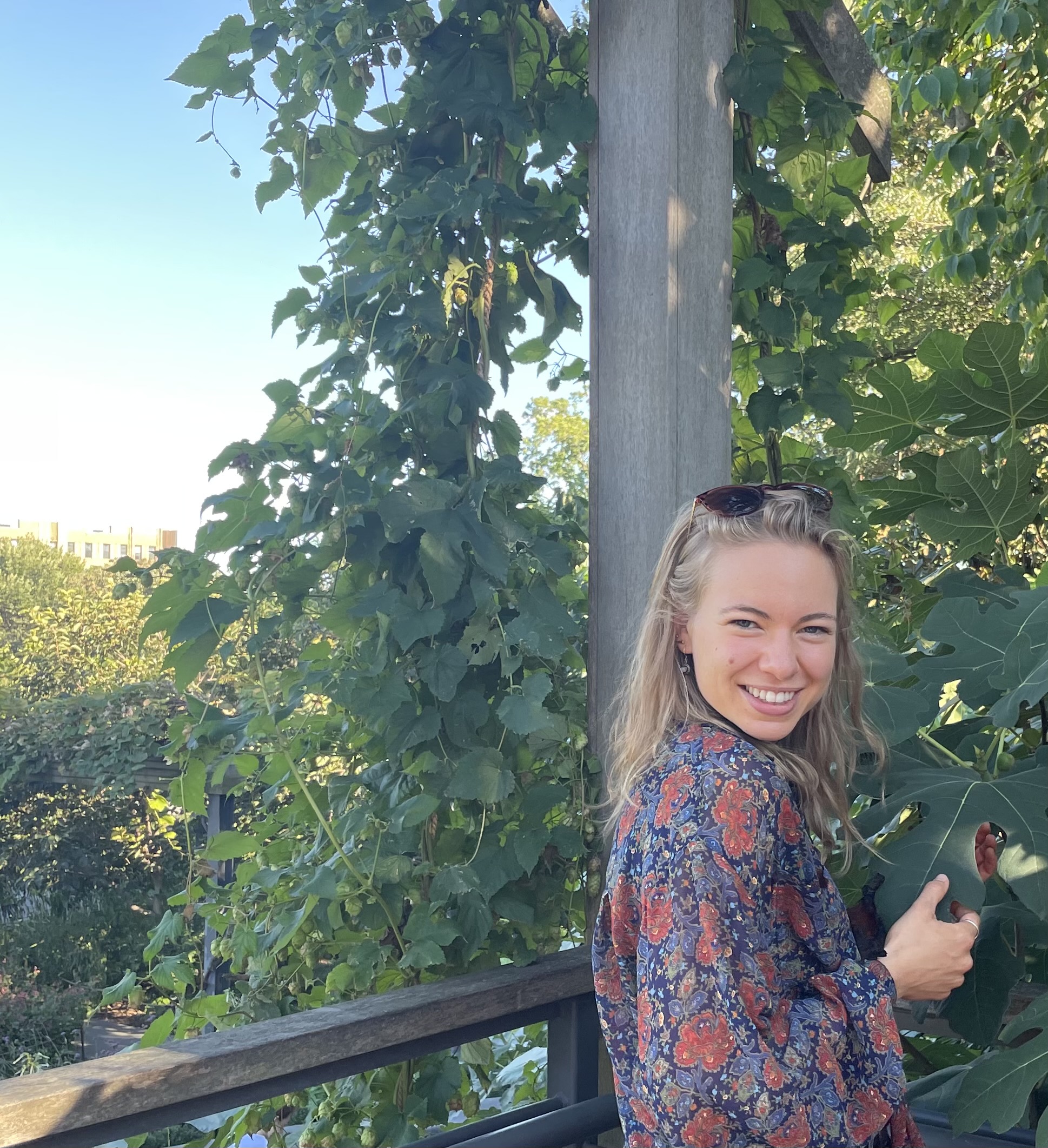Apply now to join our next cohort of Community Science Fellows and Community Leads!

Source: Flickr, courtesy of drkfiber
This project aims to move away from the projection of climate change perceptions and prescriptions onto community members by institutions. Instead, we will begin by listening to community members to create an inclusive, intercultural, and interdisciplinary understanding of climate change from a diverse community-based perspective. Our desired outcome of this project is to reflect and elevate narratives that circulate through climate migrant communities and which celebrate their relationship to the environment and climate. By listening to people (i.e. about their experiences, understandings, and values) we anticipate that we will be able to better craft community-centered climate change goals through co-planning and co-creation.
Albany Park is the most diverse neighborhood in Chicago and the third most diverse in the nation. There is a large recent immigrant population from various regions of the world, bringing an influx of cultures, identities, lived experiences, and languages. Therefore, it is incredibly important for this project to be culturally competent and relevant in engagement. As such, the project team is constantly framing the project around climate migration and climate refugees. The community is working with AGU to co-create this project to lead to justice in climate change adaptation planning.
This project focuses on experiences and knowledge held by community members so that we can work together to co-create a just, equitable migrant climate environment in Albany Park, Chicago, and beyond. Climate change and its related effects are often approached from a top-down perspective; definitions about and solutions to climate change come from political leaders and academics who do not represent or understand the lived experiences of the majority of people in their community. This conventional approach can result in solutions that are culturally insensitive, inaccessible due to time, money, gender and language difference, and which are too narrow or do not really address the problem that matters to people in place. As such, there is a deep need to investigate and understand how climate change is understood by and impacting diverse communities so that we can better implement courses of action which will aid in the continued thriving of community members through addressing their most pressing needs.
Contrary to this conventional approach, we take community experiences and situational knowledge about climate change seriously and view this as valid and important in climate change action planning. We plan to shape our project around the 3 R’s of community-based, participatory research: Relevance (questions/goals based on community interests), Rigor (design and implementation of our study), and Reach (how we disseminate and the broader connections). For relevance, we intend to hold focus groups in which we engage the community about their knowledge and experiences surrounding climate change. We will characterize and elevate climate migrant narratives and experiences based on these interactions, thus making our project goals relevant to our community. For rigor, we will work with social and community scientists to collect and analyze information in a comprehensive way. For reach, we intend to share our results with the community, and with permission, the broader Chicago community, and others in the field of climate change, to help our findings recirculate back into the community.
Understanding the community’s relationship to climate change (i.e. their understandings, experiences, needs, values, rather than solely their perceptions) and the issues they are facing in relation to climate degradation will allow for better co-planning for and adapting to such issues while staying community-centered. We plan to begin our research in September of 2022 and continue for a year, ending in September of 2023. We plan to engage community members through focus groups at multiple times throughout the course of our research.

Amaris Alanis Ribeiro, Community Lead: Amaris Alanis Ribeiro is the Center Director of the North Park Village Nature Center of the Chicago Park District. Amaris has more than fifteen years of experience in environmental science education, coordinating community engagement strategies, and developing STEM-equity programs at nonprofits, museums, botanic gardens, and the outdoors. Amaris is interested in asset-based approaches in centering communities in environmental education. As part of her community science project with Thriving Earth, Amaris hopes to co-create climate change, critical ecology, and environmental justice approaches in engaging the immigrant community in Albany Park, which is one of the most culturally and linguistically diverse neighborhoods in the country. Amaris currently serves on the Advisory Board for Environmentalists of Color, Illinois Green Alliance, and Organic Oneness. Amaris has a BS in Ecology, Ethology, and Evolution from the University of Illinois at Urbana-Champaign and is completing a Master’s degree in Science Education from the Illinois Institute of Technology. Amaris is also a past participant of the Leadership Learning Labs (L3), One Sky Institute, and an ee360 Community EE Fellow. Amaris considers herself a city girl who always had a passion for nature, in both Chicago and Michoacán, her parents’ hometown in Mexico.

Alex Peimer, Community Lead (he/him/his) is a broadly trained geographer who is passionate about the interaction between people, place, and environment. Alex’s academic research bridges human and physical geography by analyzing ways in which institutions and governments develop, implement, and mobilize physical geographic science to achieve multiple objectives related to sustainability and environmental protection. Alex is actively involved in labor organizing and has taught courses and conducted research on the role that communities – both expert and lay by conventional definitions – play in environmental governance and management. Most recently, Alex’s environmental justice class worked with Neighbors for Environmental Justice in Chicago’s McKinley Park neighborhood to develop an air quality impact cumulative impact database. Originally from upstate New York, Alex enjoys camping and spending time outdoors regardless of the weather or season. Alex works as an Associate Professor in the Department of Geography and Environmental Studies at Northeastern Illinois University, and joined as a Community Lead alongside Amaris Alanis Ribeiro after working together on multiple projects (including co-teaching a climate change class lecture) at the Chicago Park District’s North Park Village Nature Center.

Hannah Zonnevylle, Project Manager: Hannah Zonnevylle (she/her/hers) is an aspiring ecologist and community science enthusiast! She recently graduated from the University of Michigan (Ann Arbor) with a B.S. in Earth and Environmental Sciences. During undergrad, she participated in three years of independent research, completing a senior honors thesis on tree nutrient cycling on Isle Royale, Michigan. These experiences ignited a passion for research as well as a desire to create and share engaging, empowering opportunities for scientific inquiry with her community. She currently serves as the External Partnerships and Development Coordinator for a Chicago- and St. Louis-based nonprofit called Gateway to the Great Outdoors, which works to bring a comprehensive and equitable environmental science education to students at low-income public schools. In her free time, she enjoys cooking, reading, playing soccer, and doing anything outside!
We are seeking a scientist to contribute to our project through designing participatory research methods for engaging the public on issues surrounding climate change in their area. The scientist must have experience working in diverse communities and demonstrated knowledge and application of participatory research methods. We prefer for the scientist to have experience working with immigrant or multi-lingual communities. We hope that the scientist will be involved in big picture planning and implementation of data acquisition. The scientist must also have strong written and verbal communication skills and a desire for collaboration. The scientist may engage remotely on this project and does not have to be local to the Chicago/Albany Park community.
Are we open to having students engage on the project?
Yes!
Desired Skills and Qualifications:
Thriving Earth Exchange asks all scientific partners to work with the community to help define a project with concrete local impact to which they can contribute as pro-bono volunteers and collaborators. This work can also position the scientists and communities to seek additional funding, together, for the next stage.
(c) 2024 Thriving Earth Exchange